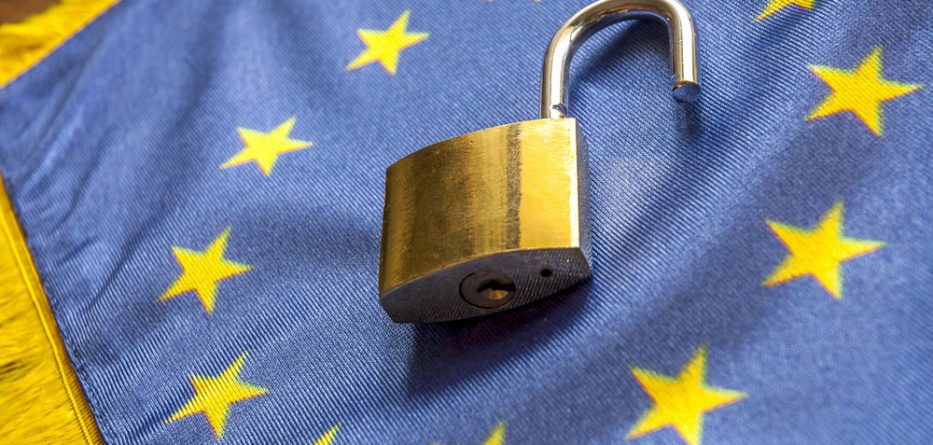European Privacy Laws are in place to protect our personal data and keep us safe online.
If you’re based in a country that adopts EU law you may not always gain access to helpful features in apps and on the web.
Google Photos Face Recognition
Face recognition is one of the most helpful features to help you categorise a lifetime of memories. If you use the Google Photos app you’ll already be familiar with features such as Things and Places. Things uses Google artificial intelligence to identify the contents of a photo you take. Places uses geolocation to organise all your photos into different geographic locations.
People is another tab, not available to users in Europe, that scans all the faces in your photos. You are then able to add name labels to the faces and view all photos you’ve taken of anyone.
This feature is not available due in the UK and Europe due to European Privacy laws.
European Privacy Law and Facebook
Facebook have faced the challenge of making their Facebook Moments app compliant with privacy laws in Europe. Any photos you take are not sent to Facebook’s servers and therefore any facial recognition happens on the device instead.
Search Engines “Right To Be Forgotten”
The European “right to be forgotten” enables you to remove yourself from search results. Google go into detail about how to make such a request in their transparency report.
This rule would generally only apply to nations that adopt the EU digital laws. Search results would remain in place for searchers outside of these countries.
Stronger Privacy Laws for Digital Communications
A new European privacy law will come into effect in May 2018. This will focus on the apps we use to communicate such as Skype, Whats App, Facebook Messenger, Gmail, iMessage, or Viber. The aim is to make data sent inside Europe more secure meaning data will need to be anonymised or deleted on request.
Easier Cookies in Europe
It has been common practice since 2014 for websites to display information about cookies to European visitors. In May 2018 an option to block tracking cookies will need to be available to European users.









